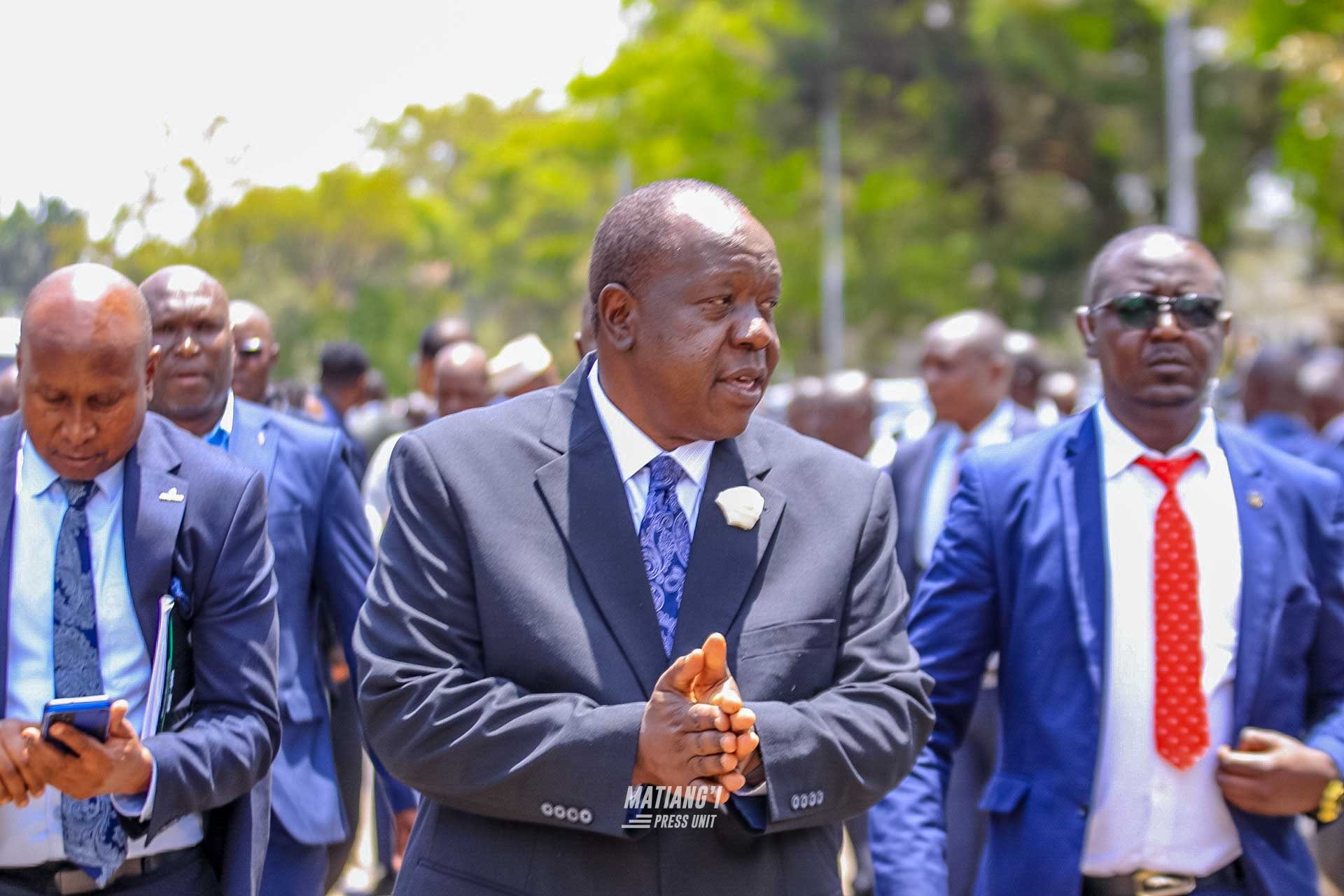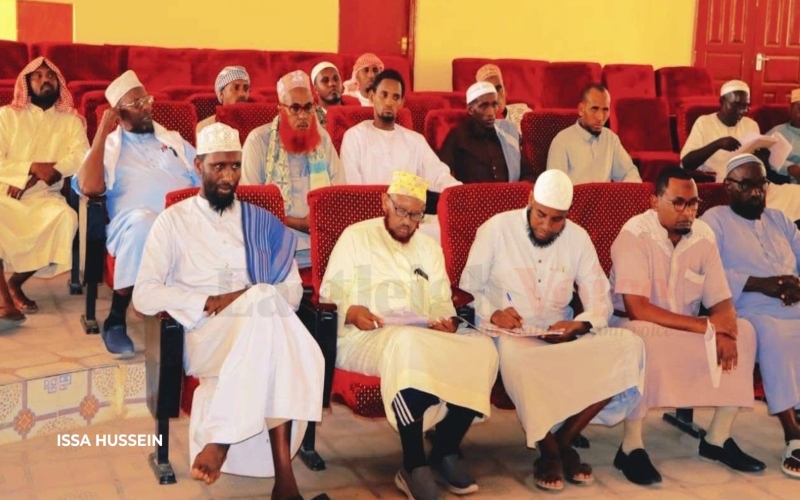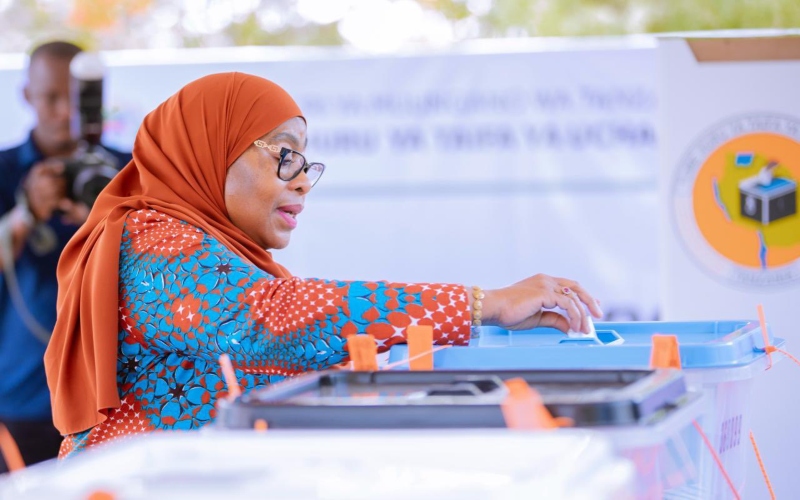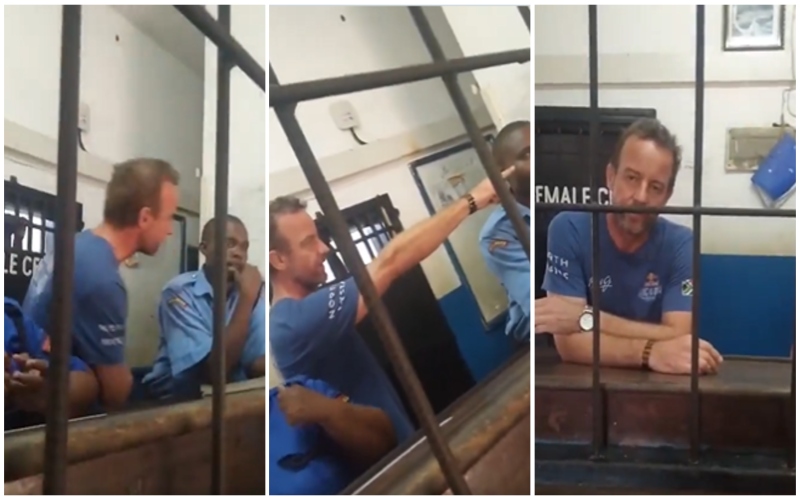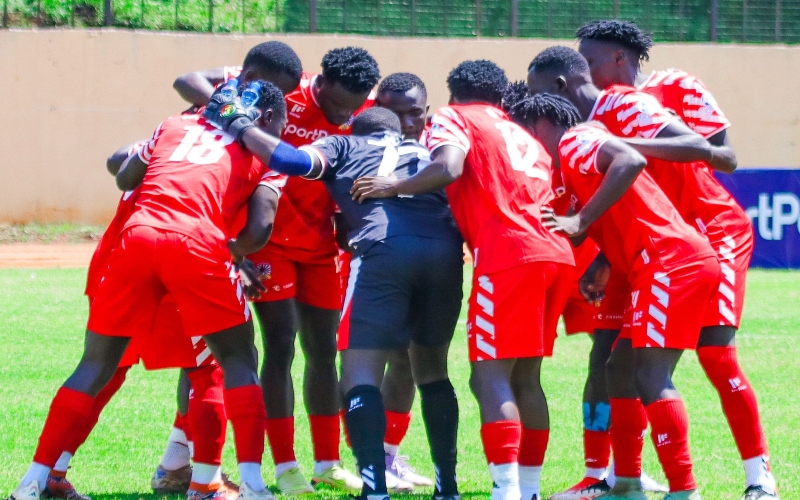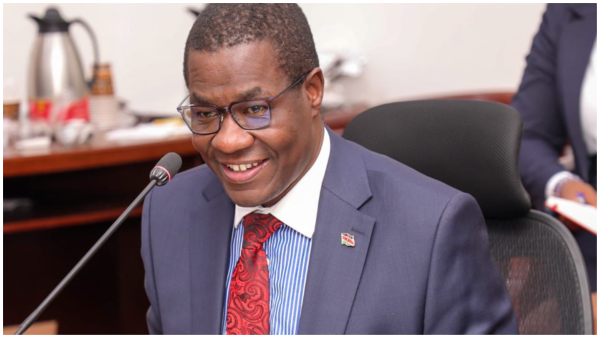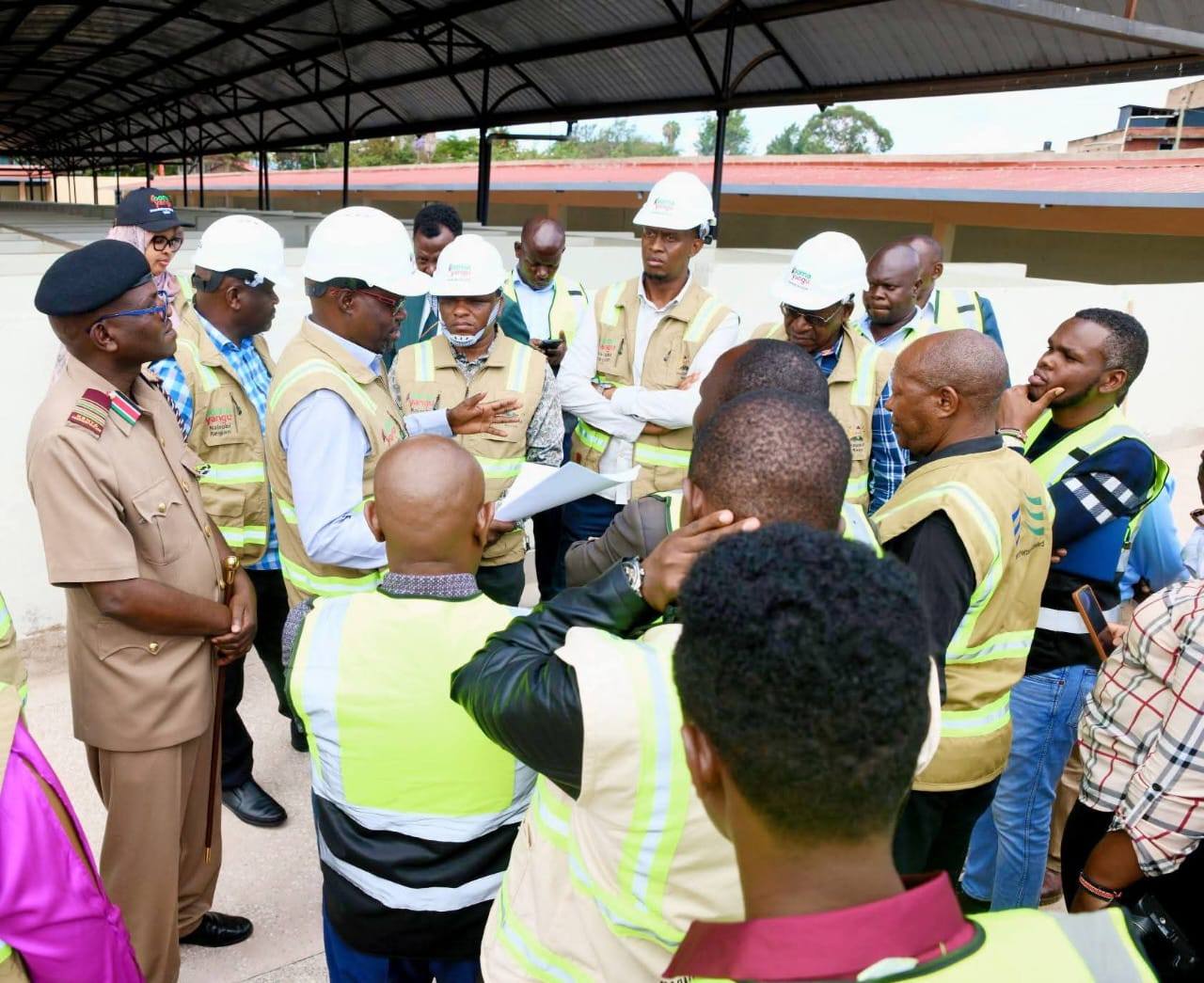Over 10 Bills still awaiting Cabinet's approval delaying education reforms
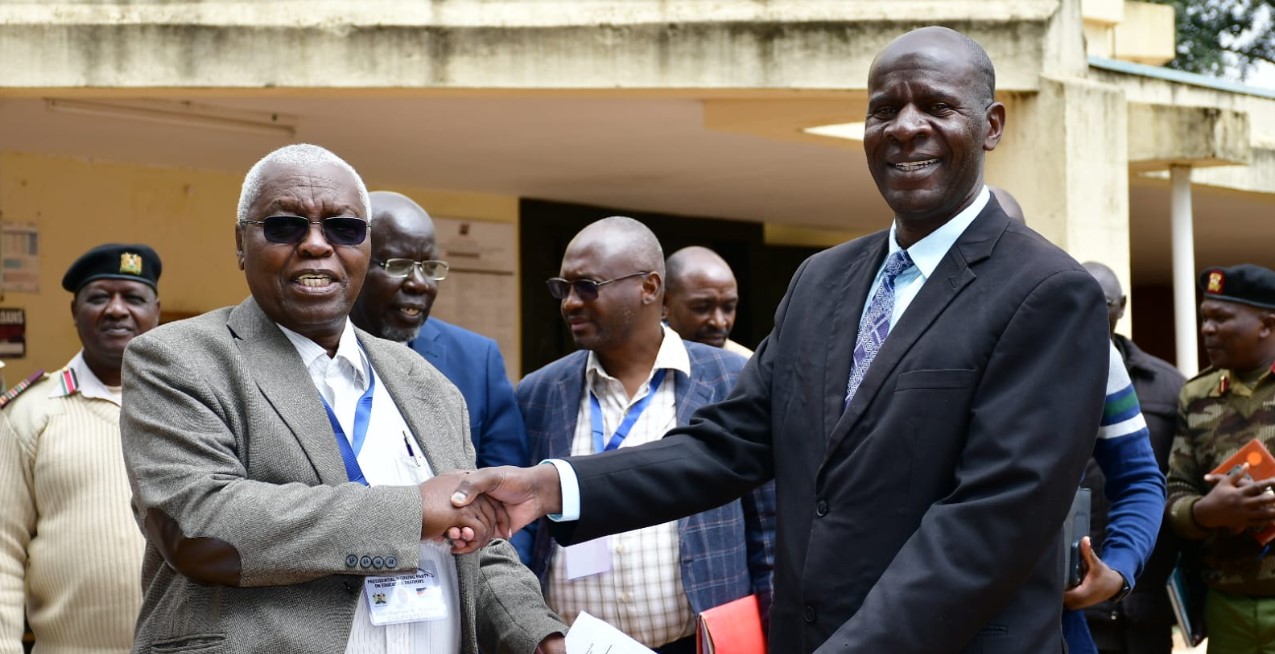
Chaired by Prof Raphael Munavu, the Working Party sought to address challenges in Kenya’s education sector, including access, equity, relevance, quality, governance, and financing.
Various education reforms meant to align the government’s policies with existing laws are currently awaiting Cabinet approval, delaying crucial changes in the sector.
Despite clear timelines outlined by the Presidential Working Party on Education Reforms (PWPER), the slow pace of progress has left many proposed reforms in limbo.
More To Read
- Junior secondary teachers challenge move to place them under primary school heads
- KCSE to start November 2 as Education Ministry unveils 2026 academic calendar
- Litein High School teachers demand transfer over safety fears, mistreatment
- TSC to send unemployed teachers overseas under new framework
- TSC urged to review junior secondary teacher management amid curriculum concerns
- Kenyan teacher Jepkosgei Chemoiwa awarded 2025 African Union Continental Best Teacher
The Ministry of Education (MoE) had prepared 11 Bills to implement the recommendations made by the PWPER in June 2023, which aimed to overhaul various aspects of Kenya’s education system.
These included legislative changes necessary for the successful roll-out of reforms, such as the implementation of the Competency-Based Curriculum (CBC) and adjustments to the management of secondary schools.
However, without Cabinet approval, these Bills cannot be tabled in Parliament for discussion and enactment, effectively stalling much-needed reforms in the education sector.
The delay has already had repercussions, with the High Court recently nullifying the Variable Scholarship and Loan Fund (VSLF) model for higher education, citing legal inconsistencies.
Proposed reforms
The PWPER had proposed reforms spanning preschool to tertiary education, with timelines ranging from immediate implementation to three years.
Among the recommendations was a call to phase out the categorisation of public secondary schools as national, extra-county, county, or sub-county within six months. Instead, schools were to be classified according to career pathways offered under the CBC.
“Ministry of Education to discontinue the current categorisation of public secondary schools as national, extra-county, county and sub-county; and adopt a categorisation based on career pathways for senior schools,” the party recommended.
However, this shift has not occurred, leaving the old system intact.
The transition of the pioneer CBC cohort to senior schools, expected in 2026, also faces uncertainty.
Career pathways
Guidelines for placing learners into various career pathways — such as Science, Technology, Engineering, and Mathematics (STEM), social sciences, arts, and sports science — remain undeveloped. The PWPER had directed the MoE to prepare these guidelines within a year, incorporating aptitude tests to determine placement.
The Kenya Junior Secondary Education Assessment (KJSEA), designed to determine placement at the end of Grade 9, is also behind schedule.
Although the Kenya National Examinations Council (KNEC) piloted the assessment last year, mechanisms for preparing and printing national assessments have not been finalised, further delaying its rollout.
Another unimplemented proposal involves the restructuring of the Teachers Service Commission’s (TSC) Directorate of Quality Assurance and Standards.
The PWPER recommended transferring its functions to the MoE within six months, but the two parallel departments remain operational.
“Resolve overlapping mandate in Quality Assurance and Standards function in Basic Education, transfer the Quality Assurance and Standards functions at TSC to the Ministry of Education. In addition, strengthen the Directorate of Quality Assurance and Standards at the State Department of Basic Education,” the working party said.
The planned transfer of curriculum support officers to the MoE, with new designations as zonal quality assurance officers, has yet to take effect.
Teacher deployment, promotion
Teacher management guidelines, which the TSC was tasked with harmonising in consultation with the MoE, also remain pending. These guidelines were expected to address teacher deployment, promotion, and welfare, but teacher promotions and deployments are still handled solely by the TSC.
Efforts to restructure the School Equipment Production Unit into the School Learning and Instructional Materials Centre (SLIMC) have similarly stalled. The new unit was supposed to coordinate textbook and resource distribution within a year, but this role remains under the Kenya Institute of Curriculum Development (KICD).
With schools reopening on January 6, 2025, Grade 9 textbooks are still being distributed under the old framework.
The PWPER also recommended that the government adopt a minimum essential funding package for basic education institutions within two years, focusing on schools with low enrolment. However, this proposal has yet to be implemented, leaving many institutions struggling with inadequate funding.
Chaired by Prof Raphael Munavu, the Working Party sought to address challenges in Kenya’s education sector, including access, equity, relevance, quality, governance, and financing, as well as issues with the implementation of the CBC.
Despite their comprehensive findings, the slow pace of reform has raised concerns among stakeholders.
Top Stories Today
